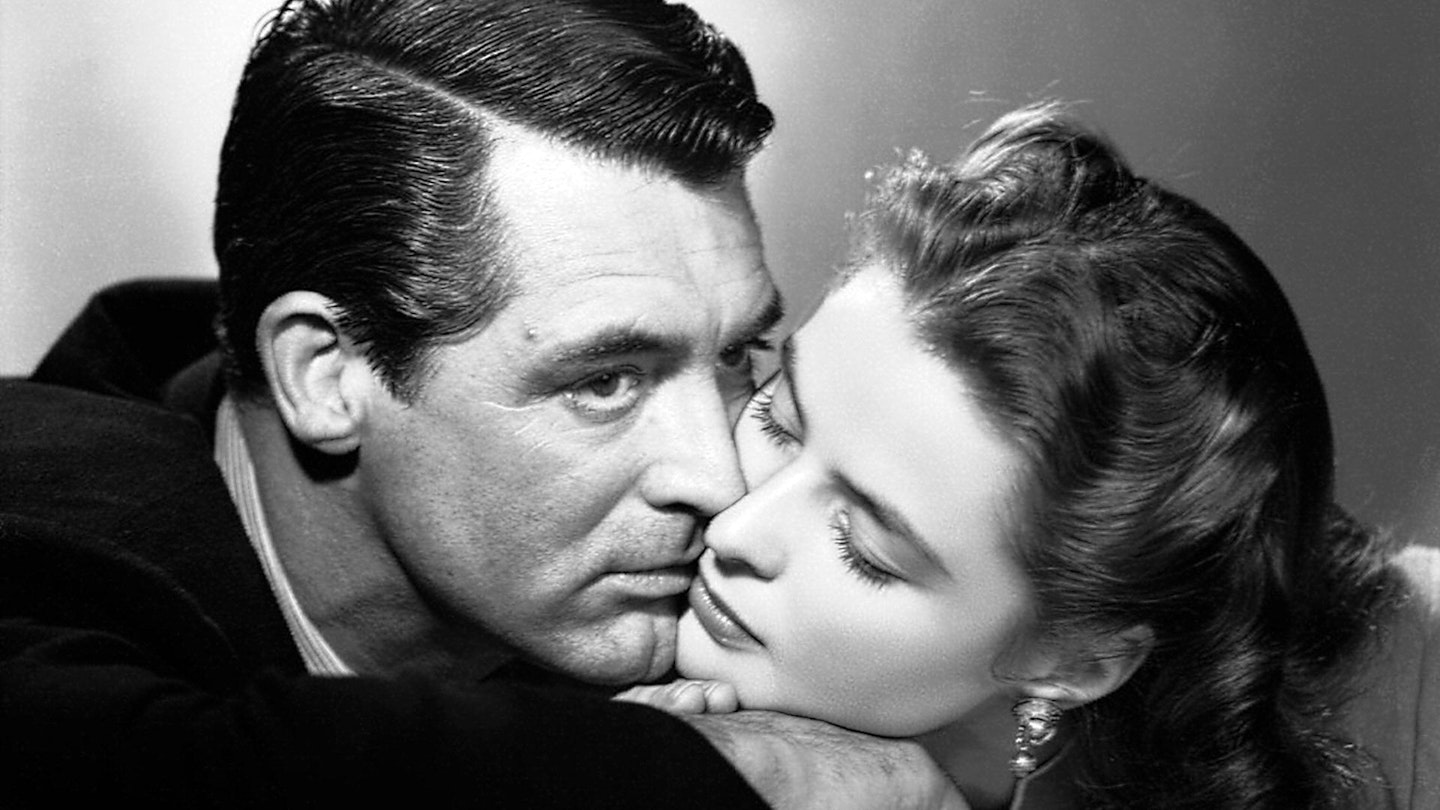Although it was loosely based on John Taintor Foote's 1921 Saturday Evening Post story, `The Song of the Dragon' - which inspired the 1927 Dorothy Mackaill silent, Convoy - Notorious also bore a strong resemblance to John Buchan's 1919 novel, Mr Steadfast, in which Richard Hannay (the hero of The 39 Steps) reluctantly consented to girlfriend Mary Lamington risking her life for the Allied cause.
But, regardless of its source, producer David O. Selznick was never convinced of the plotline's credibility and he bombarded Alfred Hitchcock and screenwriter Ben Hecht with memos suggesting revisions. He persuaded them to change the McGuffin from a secret Nazi army to uranium ore - unaware that their discussion of atomic science with Dr Robert Andrew Millikan led the FBI to tail Hitch and Hecht for the duration of the shoot - but eventually decided to sell the project to RKO in 1944 for $800,000 and a 50% share of the profits.
Technically, this is one of Hitchcock's most accomplished pictures, with the sequence in which Ted Tetzlaff's camera cranes over the heads of the guests at the Sebastians' party to close in on the key in Ingrid Bergman's hand being a masterstroke. Yet it was also one of his most audacious outings, with the three-minute kiss between Bergman and Cary Grant somehow making it past the Hays Code prudes.
However, the narrative's amorality has since perplexed critics, who have complained about Devlin's puritanical devotion to duty, which causes him to suppress his feelings for Alicia until it's nearly too late. But, such a chauvinistically romantic approach ignores the fact that Alicia's destiny was, until Madame Sebastian begins poisoning her, in her own hands, as she had undertaken the assignment to demonstrate her disdain for her father's political views and to prove to herself that she was more than a playgirl of ill-repute. Moreover, it also underestimates Hitchcock's genius for drama, as by investing Sebastian with refinement and charm, Claude Rains turns him into a disconcertingly decent villain, who allows Devlin to ride to Alicia's rescue, even though he knows the consequences will prove fatal to himself.
